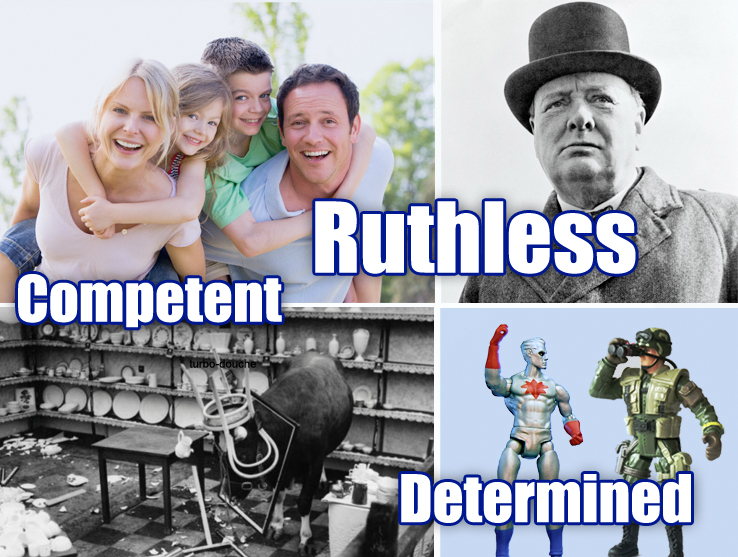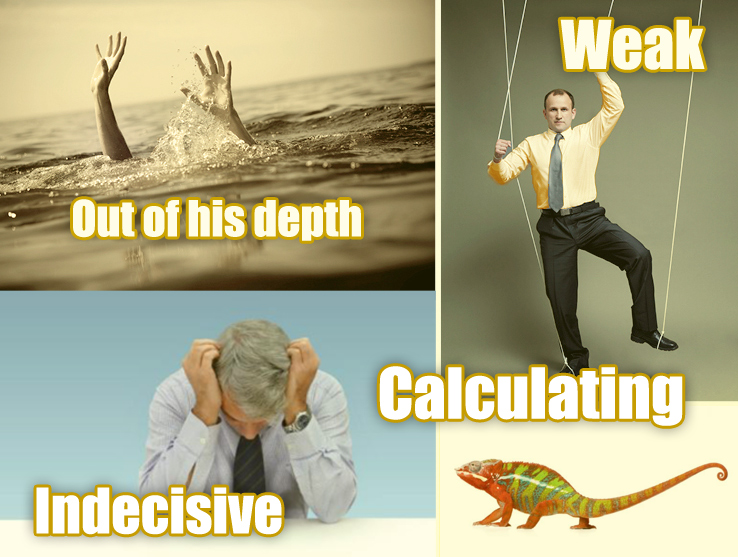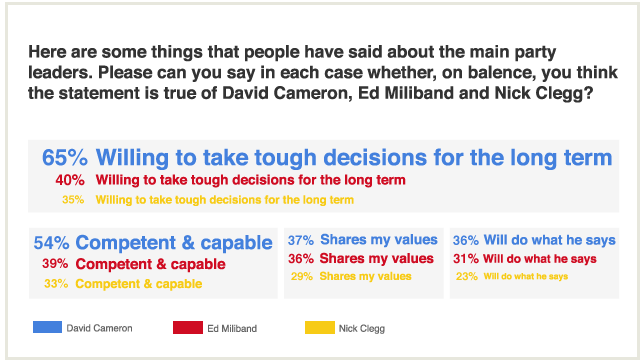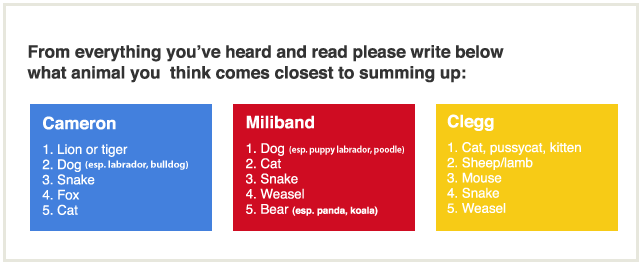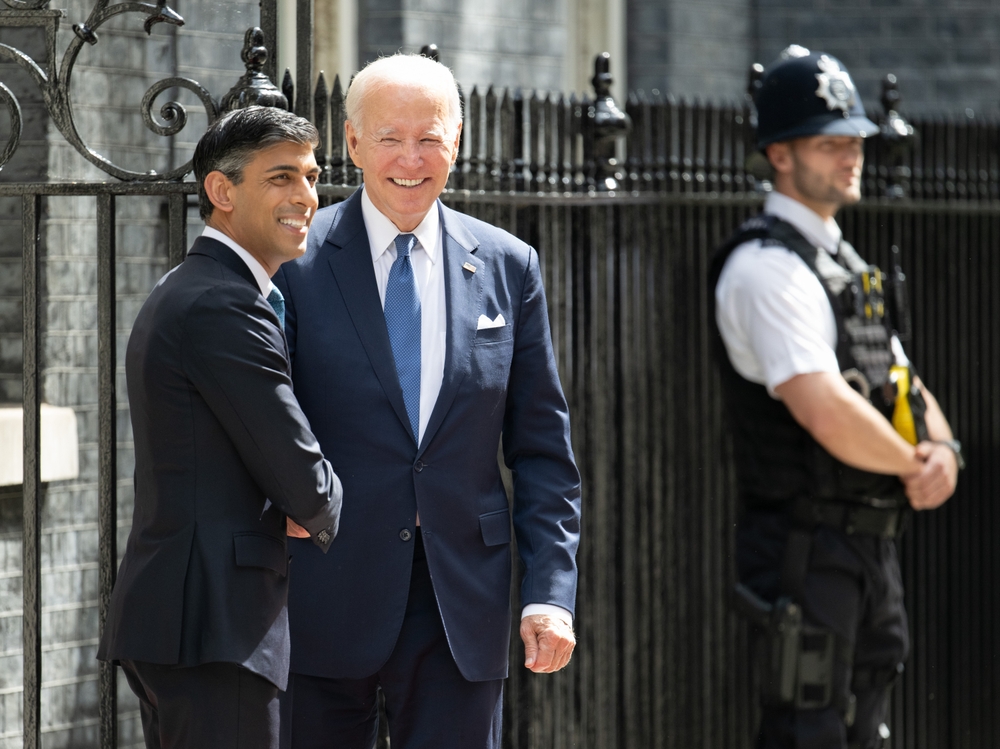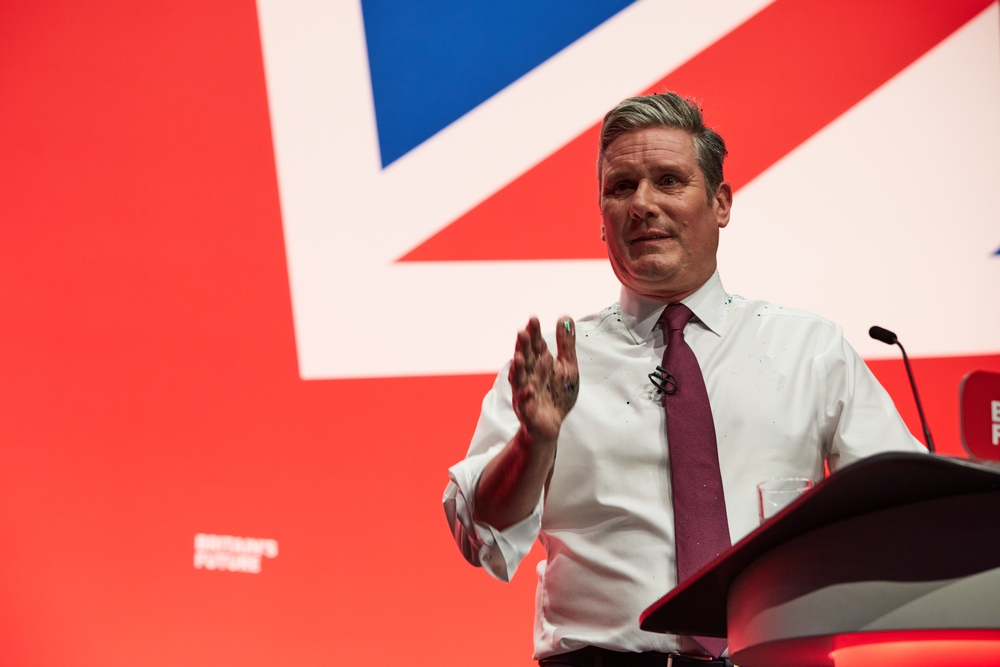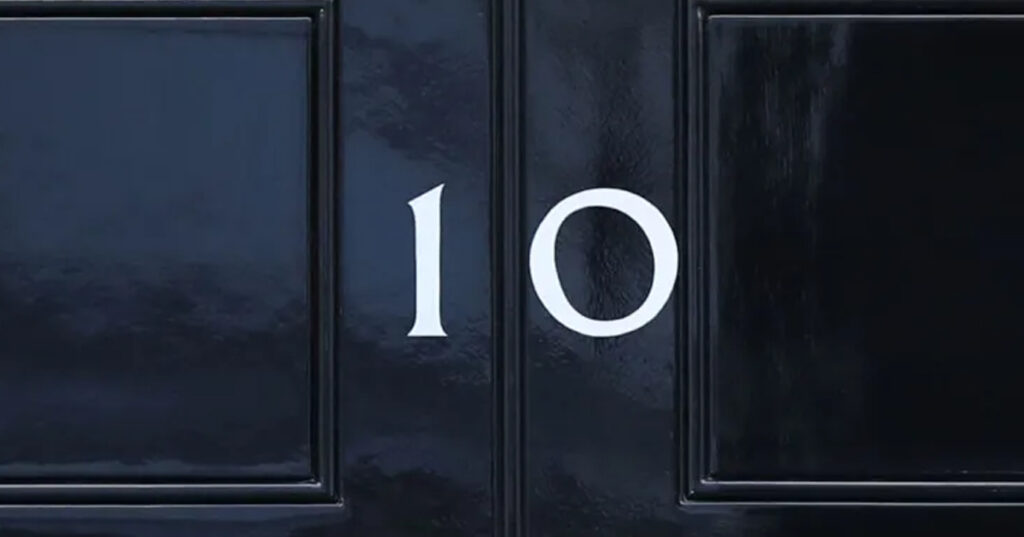
In The Leadership Factor I have looked in depth at how voters see each of the three party leaders, and the extent to which each leader is an asset or a liability for their party – a draw or a drag.
It is often said that politics is becoming too presidential, with too much focus on individual leaders. But leadership and personality matter. Leaders articulate and embody their cause. If some of what we found that people have noticed about the leaders seems trivial or superficial, that does not make it unimportant. Voters will only weigh a leader’s motives, values and competence if they can be persuaded to give him a hearing in the first place.
Methodology
Twelve focus groups were held in London, Taunton, Leeds, Birmingham and Northampton between 11th July and 1st September 2011. Participants had all voted in 2010 and were open to considering a different party at the next election. Separate groups of men and women were held at each venue. Groups were shown cards showing 33 words, some positive, some negative and some neutral, and asked to choose the one which best summed up their view of the leader in question and to explain why. The process was repeated with 30 images. Mood boards were then produced of the words and phrases which best represented the group’s overall view of each leader.
A poll of 5,000 adults was conducted online between 22nd July and 5th August 2011. A second poll of 2,049 adults was conducted online between 9th and 11th September 2011.
Click here to download the full report
The leaders in detail
DAVID CAMERON
The prevailing view of the Prime Minister was largely positive. The words “competent” and “determined” were frequently chosen to describe him. Few doubted that he is up to the job, and he seemed to most to be relentlessly focused on his agenda – underlined by the regular appearance on his mood boards of a picture of an action figure.
For several participants, though, he was determined to the point of being “ruthless”, particularly when it came to what they saw as the consequences of his action to cut the budget deficit. An image of a bull in a china shop illustrated for many what they saw as recklessness in his approach. A picture of a happy family captured what was often remarked upon as an attractive facet of his character. A portrait of Churchill illustrated a widespread view that Mr Cameron was a leader for our times, faced with an enormous challenge and rising to it admirably – but also that, like Churchill in 1945, he may not be rewarded for his actions in the ballot box. Despite the generally upbeat view among these potential swing voters, for some there was also an impression of arrogance or smugness, and a feeling that he is detached from ordinary people’s lives.
ED MILIBAND
For many people, Ed Miliband has yet to make any impression in nearly a year as Labour leader – a point which several in the groups illustrated by presenting a blank card, or choosing a picture of grey clouds, representing nothing in particular. “Weird” was often the spontaneous verdict as soon as Mr Miliband’s name was mentioned, before they had a chance to choose the card bearing the word. A number of factors were mentioned. Standing against his brother for the leadership (by far the best-known fact about him), his apparently reluctant marriage, and his manner of speaking all contributed to an overall impression of oddness.
Mr Miliband was widely thought to have been “lucky” to win the leadership in the first place, having only very narrowly beaten his brother after being picked as the favourite of the unions despite not being true leadership material. Now he was in the job he seemed to many to be “out of his depth”. This view was occasionally illustrated by the choice of a picture of a boy dressed in a suit playing at doing a grown-up job. For others, though, this image represented a more optimistic view of someone who was new to the role but had potential.
For those more warmly disposed to Labour, though, Mr Miliband was a blank canvas onto which they projected what were essentially hopes, or at least the benefit of the doubt, rather than fully formed views. A picture of an ordinary house illustrated the expectation that he would turn out to represent ordinary people, and an image of light at the end of a tunnel symbolized the expectation, together with a large measure of hope, that he would eventually succeed. These views were the most prevalent in the Midlands and Northern groups.
NICK CLEGG
The chief debate among our participants was whether Nick Clegg was ineffectual because he was weak, or because he had deliberately traded principle for office. Those who saw him as “weak” – the single most frequently chosen description of any leader – were divided as to whether this was a failure on his part to argue his corner vigorously within the coalition (not least because he also seemed “indecisive”), or, more charitably, simply a description of his position given the number of Liberal Democrat MPs relative to the Conservatives. Either way, most thought he seemed to be making little impact and despite having good values, articulated in the pre-election TV debates, was now advocating a Tory agenda – a view frequently illustrated by the choice of a puppet on a string. While Conservatives often complain that the Liberal Democrats have too much influence within the coalition, voters are more likely to think the reverse is true.
The more cynical (but for some self-evident) view was that Mr Clegg is “calculating”: that his chief motivation was securing the best position for himself and his party. The fact that he talked to both Labour and the Conservatives after the election was cited in evidence, and there was a widespread view that he would have been equally happy accommodating himself to whichever side made him the best offer. Groups often chose a picture of a chameleon to illustrate this view. Having found himself in the position of Deputy Prime Minister, though, there was a near overwhelming view that Mr Clegg, like Ed Miliband, seemed “out of his depth”.
Nevertheless, there was very little personal animosity for Mr Clegg. Indeed several said they found him likeable, and noted that he seemed remarkably composed given the relentless criticism he endures. However little impact he seemed to be making, several participants remarked that they found it comforting that he was there, including some Conservative voters. A few went as far as to say that they admired him for making the right decisions, however unpopular they were in some quarters.
More than half of voters, forced to choose between the three, named David Cameron as the best Prime Minister, 17 points ahead of Ed Miliband, who led only among Labour voters and social group E (state pensioners, casual workers and those dependent on benefits – the group that is also least likely to vote).
More than two thirds of voters saw David Cameron as being “willing to take tough decisions for the long term”, and more than half thought him “competent and capable” – well ahead of Ed Miliband and Nick Clegg on both measures. Perhaps surprisingly, a majority thought it true of all three leaders that “his heart is in the right place”. Mr Miliband’s strongest suit is that he “wants to help ordinary people get on in life”, and more thought he stood for fairness and equal opportunity than his opponents. A majority, though, thought no leader was “on the side of people like me”, no more than a third thought that any one of them “shares my values”. Only just over a third thought Mr Cameron or Mr Miliband “will do what he says”, and only a quarter said the same of Mr Clegg. Though it remains true that the Conservatives’ big brand problem has been the perception that they are for the rich few, Mr Miliband scored only fractionally higher than the Prime Minister on representing “the whole country, not just some types of people” (33% to 30%).
The poll asked people spontaneously to name the animal which best summed up their impression of each leader. For David Cameron, the most popular choice was a lion or tiger. For Ed Miliband it was a dog, especially a puppy, a Labrador or a poodle. Nick Clegg was a cat – more specifically a pussycat, or a kitten – or a sheep, mouse, snake or weasel.
Since our poll was completed before the riots began, we re-asked a number of questions a few weeks later to see what impact, if any, they had had on each leader’s reputation. People were two and a half times as likely to say David Cameron had responded best as to say that Ed Miliband had. Despite this, there had been practically no impact on opinion towards any leader – their perceived attributes, whether they were regarded more or less favourably than their parties, or the margin by which David Cameron was regarded as the best Prime Minister. Indeed, despite the phone hacking scandal and the riots, no party saw its average vote share in published polls move by more than a single percentage point between June and August.
Draw or drag?
Nearly a fifth of voters said they had a more favourable view of David Cameron than to the Conservative Party generally, with 62% saying their view of the two was the same. Nick Clegg and Ed Miliband, though, both appear to be liabilities to their parties rather than assets. Voters were twice as likely to say their view of Mr Clegg was less favourable than that of his party as to say it was more favourable; for Ed Miliband, the ratio is more than three to one. 2010 Labour voters were six times as likely to say their view of Labour was more positive than their view of Mr Miliband than vice versa.
The Prime Minister is the only leader who serves as a net attractor of voters to his party. Voters who say they are likely to switch from another party to the Conservatives at the next election have a more favourable view of David Cameron than they do of the Conservative Party generally. The same is not true for voters moving towards the Lib Dems or (especially) Labour – indeed Labour “joiners” are so much more favourable towards the Labour Party generally than to Ed Miliband that it could almost be said they are switching to Labour in spite of him. At the same time, while three quarters of voters wavering or defecting from the Conservatives still see David Cameron as the best available Prime Minister (suggesting that it was something other than him that put them off the Tories), most of those moving away from Labour or the Lib Dems would prefer someone other than Miliband or Clegg respectively in the top job.
So while Miliband and Clegg are if anything a drag on their party, David Cameron remains a draw. Taken together, the poll analysis and focus group findings suggest that whatever the leadership factor is, a good number of voters think David Cameron – uniquely among the leaders currently on offer – has it. Even for those who are uneasy about what he is doing, there is something about the way that he does it that commands their attention. This matters, because as our analysis shows, the fuel that drives voters towards a party is made more from their views about people – whether a positive view of the party’s own leader, or negative views about others – than from issues or policy.
Click here to read my commentary on the research, published in the Sunday Telegraph.
